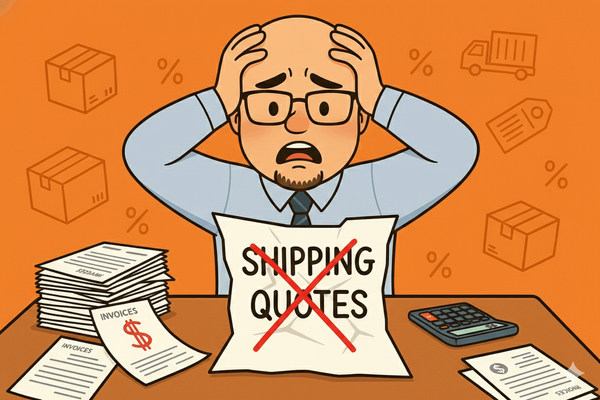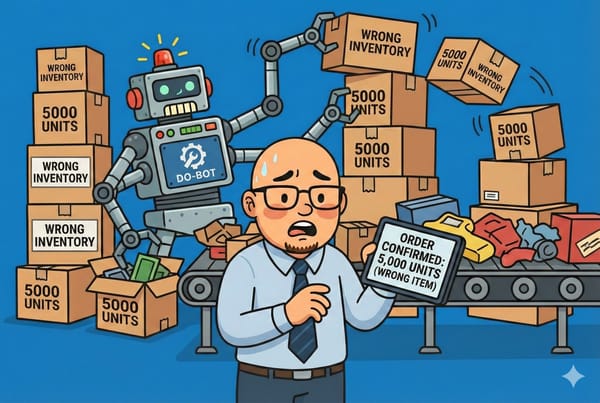The Marketing Hat: 5 DIY Ways to Market Your Business Without Paying Meta a Dime
If you’ve ever felt like your marketing budget is just subsidizing Mark Zuckerberg’s next yacht, this post is for you.

If you’ve ever felt like your marketing budget is just subsidizing Mark Zuckerberg’s next yacht, this post is for you.
Small business marketing is hard enough without throwing your cash into the Meta fire pit and hoping for a few likes. The good news? You don’t need to boost a post to get attention. You just need creativity, consistency, and maybe a bit of caffeine.
In this edition of The Marketing Hat, we’re diving into five highly effective, low-budget DIY marketing strategies that don’t involve paying Meta (or any other ad platform) a dime.
1. Create Content That Actually Helps People (and Gets Found on Google)
Content marketing isn’t new. But helpful content marketing? That’s a superpower.
What’s the strategy?
You create useful, keyword-targeted blog posts, guides, checklists, or videos that solve real problems for your ideal customer. Then, you optimize that content so it shows up on Google when someone searches for it.
This builds traffic, trust, and brand awareness—without paying for clicks.
Example:
Say you run a bookkeeping service for solopreneurs. You could write a blog post titled:
“How to Track Business Expenses in Google Sheets (Free Template Included)”
That phrase alone gets search volume. Bonus: it attracts exactly the kind of client who needs your service.
How to start:
- Research keywords using free tools like Moz or Google Trends
- Answer common customer questions
- Use your blog as a knowledge base and marketing funnel
- Promote content via email and social (more on that below)
SEO Resources:
🧠 Pro Tip: Focus on evergreen content—topics that stay relevant over time (not just what’s trending this week).
2. Build and Nurture an Email List (No, It’s Not Dead)
Social media is like yelling into a crowded room. Email is like whispering directly into someone’s ear—with permission.
An email list is one of the most valuable assets your business can own. Unlike social followers, you control it. No algorithm. No ad spend. Just your words and their inbox.
How to start:
- Use a free tool like MailerLite or ConvertKit
- Create a lead magnet (freebie) like:
- A checklist
- A mini-guide
- A free consultation
- Offer it in exchange for an email address
- Send consistent, value-packed emails that educate, entertain, or inspire action
What to send:
- Tips and how-tos
- Behind-the-scenes of your business
- New blog posts
- Offers or launches
Example:
If you’re a dog groomer, offer “5 Things Every Pet Owner Should Know Before Summer (And Why Skipping #3 Might Cost You $$$).”
Boom—helpful, click-worthy, and it positions you as the expert.
Tools worth checking out:
- Beehiiv – great for newsletters with modern design
- Mailgun – if you’re self-hosting emails on platforms like Ghost
3. Get Found Locally with Google Business Profile
If your business has any kind of physical presence—or even operates locally—this is mandatory.
Why it matters:
When someone searches “pizza near me” or “copywriter Chicago,” they’re not browsing. They’re ready to buy. Showing up on Google Maps or in the local 3-pack puts you at the front of the line.
What to do:
- Claim your Google Business Profile
- Add accurate hours, photos, contact info, and a compelling description
- Post updates regularly (just like social media)
- Encourage satisfied clients to leave honest reviews
- Respond to every review—yes, even the weird ones
Bonus tip:
Include keywords in your business description. Don’t write “We do stuff.” Write “We provide custom kitchen cabinetry in Tulsa.”
Further Reading:
4. Use Reddit, Quora, and Forums the Right Way
Tread carefully here. The internet has a sharp nose for spam. But if you genuinely help people in niche communities, you can drive a surprising amount of high-quality traffic—for free.
Why it works:
People ask real questions in these spaces. You provide real answers. And when it’s relevant, you point them to your business, blog, or product.
No selling. Just helping with value. You’re a person, not a pop-up ad.
Best platforms:
- Reddit
- Find relevant subreddits like r/smallbusiness, r/freelance, r/entrepreneur
- Quora
- Answer questions tied to your expertise and link your blog
- Industry-specific forums or Slack groups
- Ex: r/Marketing, r/SaaS, Web Designer Forum, Indie Hackers
Tips for success:
- Always follow the rules of the community
- Focus on being helpful, not promotional
- Drop links only when it adds value
- Track traffic using UTM links or Google Analytics
5. Collaborate with Humans (aka Partnerships, Guest Posts & Podcasts)
People forget this one, but it’s powerful. Human relationships are still the backbone of business—even if they happen over Zoom.
Collaboration ideas:
- Guest blog swaps – You write for their blog; they write for yours
- Podcast appearances – Share your story or expertise
- Joint social promotions – Team up for a giveaway or challenge
- Referral partnerships – If you’re a web designer, partner with a copywriter
These get you in front of someone else’s audience—an audience they’ve already built trust with.
How to approach:
Don’t lead with “Let me promote myself.” Lead with “Here’s how I can bring value to your audience.”
Real-life example:
If you’re a fitness coach, reach out to a local nutritionist or meal prep service for a joint email campaign or blog series. Now you’re both reaching a wider—but still relevant—audience.
SEO Bonus:
When you guest post, you often get a backlink—and that helps boost your domain authority in Google’s eyes.
For a guide on why that matters:
Bonus: Stuff That Doesn't Work (or Doesn’t Work Anymore)
Let’s debunk a few myths while we’re here:
- ❌ Posting randomly on Instagram and hoping for sales – You need strategy and consistency, not just selfies.
- ❌ Cold DMs on LinkedIn – If you wouldn’t say it in real life, don’t send it.
- ❌ Link dumping in Facebook groups – That’s how you get banned, not business.
- ❌ Boosting posts “just to see what happens” – It’s called a donation.
You can absolutely win without paid ads. But you have to work smarter than everyone else.
TL;DR: DIY Marketing Without Meta
Here’s your simplified action list:
✅ Create helpful, keyword-rich content that answers questions your audience is Googling
✅ Build an email list and actually talk to the people on it
✅ Claim and optimize your Google Business Profile
✅ Hang out in forums and help people (strategically)
✅ Collaborate with other humans for reach and credibility
Marketing doesn’t have to be expensive. But it does require effort, focus, and a little experimentation. Put on the Marketing Hat, skip the ad bills, and grow your business the old-fashioned (but scalable) way.




